DSU in 2025 – Let’s Start Planning Now

Though not due until next May, DSU administration has already begun updating the university’s strategic plan for the next five years. More accurately, the preplanning process has begun. An open forum was led by President José-Marie Griffiths and Assistant to the President for Strategic Projects Dick Hanson on March 13. While turnout from staff and students was fairly low, audience feedback and were downright minimal.
The forum’s outline for the upcoming planning process was very tentative. It indicated that preplanning will continue until May 2019, planning in earnest will begin in August, and clarification and testing will proceed until the final proposal in May 2020. Because the deadline is so far away, this particular forum was able to only outline potential concepts for the distant plan.
After Dr. Griffiths’ introduction, Dr. Hanson presented a slideshow covering many of the same points. He elaborated on the growing need for accountability by recalling the number of students who have brought parents to his office: “No offense to the parents, I was one–I had three kids go through college–but I never went and talked to a college or university administrator…Well, that’s not true anymore.” He went on to explain a recent instance to which the forum’s audience laughed along with: “You know me, I’m very gentle…I said to the dad, ‘I can’t talk to you, and I’m not gonna talk to you. In fact, when we talk about this student’s grades, you need to leave the room because I don’t know that you have legal access to this kid’s records…’ Well, they get huffy, but I was very compassionate.” The audience laughed along to Hanson’s anecdote, but it seemed odd to criticize a parent seeking to ensure their child’s education was fair. It also drew attention to the public’s increasing need for accountability regarding academics and finances at DSU. Dr. Griffiths also stressed that she wants transparency with resource allocation. Neither provided examples or ideas of how this would be accomplished, however.
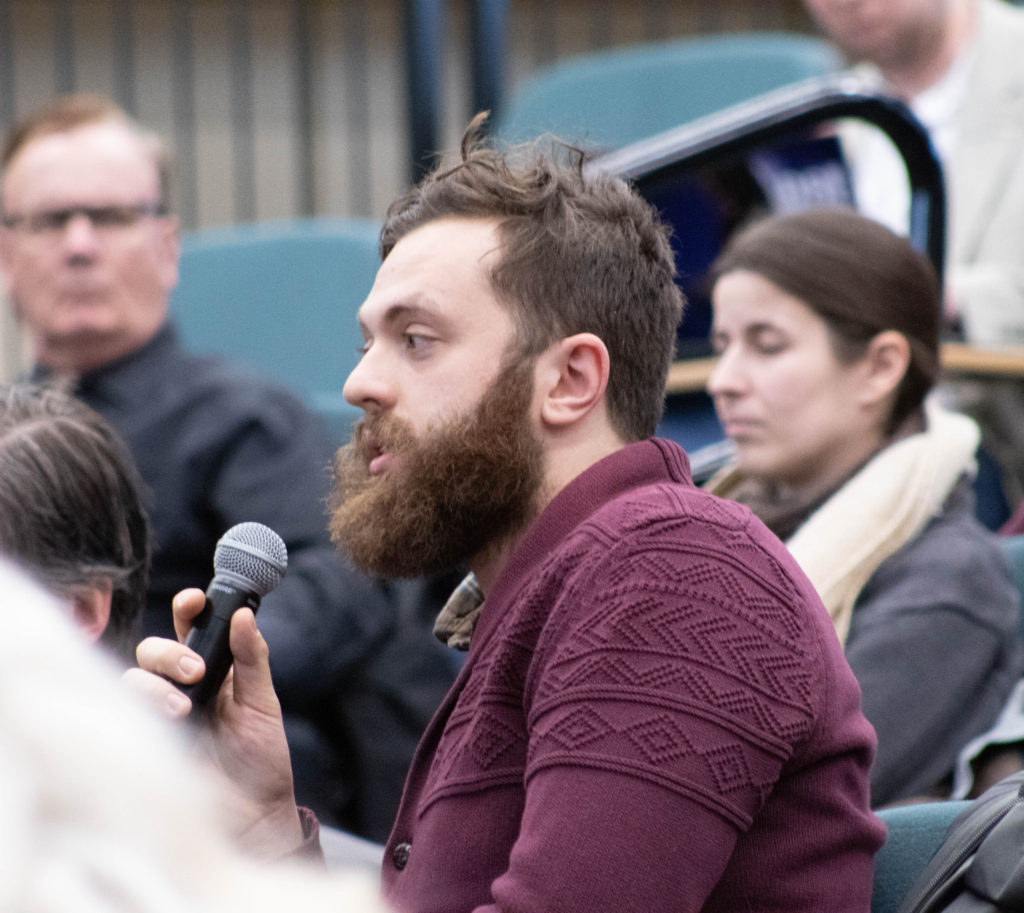
The biggest obstacle in DSU’s future seemed to be competition. Griffiths referred to the changing value of university education; instead of going to college, many people are instead choosing to enter the workforce directly or begin an apprenticeship. Prospective students might also attend an online mega-university like Southern New Hampshire University or Perdue Global instead of enrolling in a traditional college. Hanson noted that cybersecurity programs are also cropping up around the nation, meaning the program that originally set DSU apart will soon be common. This competition is made worse by decreased federal funding; enrollment is essentially revenue for the university, and without increased enrollment,
Griffiths stressed that keeping an open mind about future scenarios is critical for this planning period: “All of these external factors are going to have an influence on what we’re going to have to respond to and how we chart a course for Dakota State.” She went on to say that this planning process is meant to be actively participatory and inclusive to anyone with input. The three bits of feedback from the audience included the importance of diversity on campus, the importance of enrollment growth, and potential participation at an upcoming symposium.
While it’s clear Dr. Griffiths and Dr. Hanson should be commended for getting a jump on the planning process by starting the discussion so early, the forum itself didn’t hold much insight. Instead of actual proposals or ideas, both speakers called attention to some of the factors that may have an influence on the eventual plan. Griffiths joked that her British writing skills would come in handy with writing the new mission statement for the Board of Regents since she has “been known to write a paragraph that is actually one sentence.” The forum itself could also have been condensed into one sentence; DSU administration is beginning to plan the next strategic plan, and input is welcome over the next year.


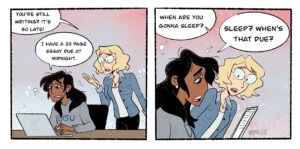
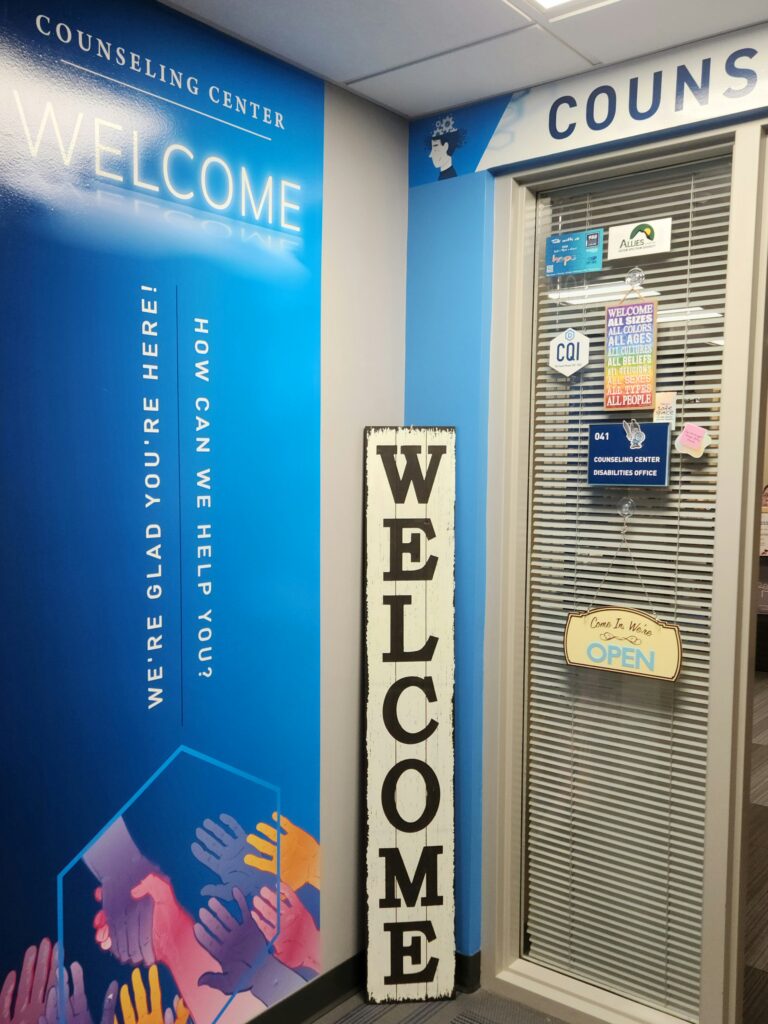
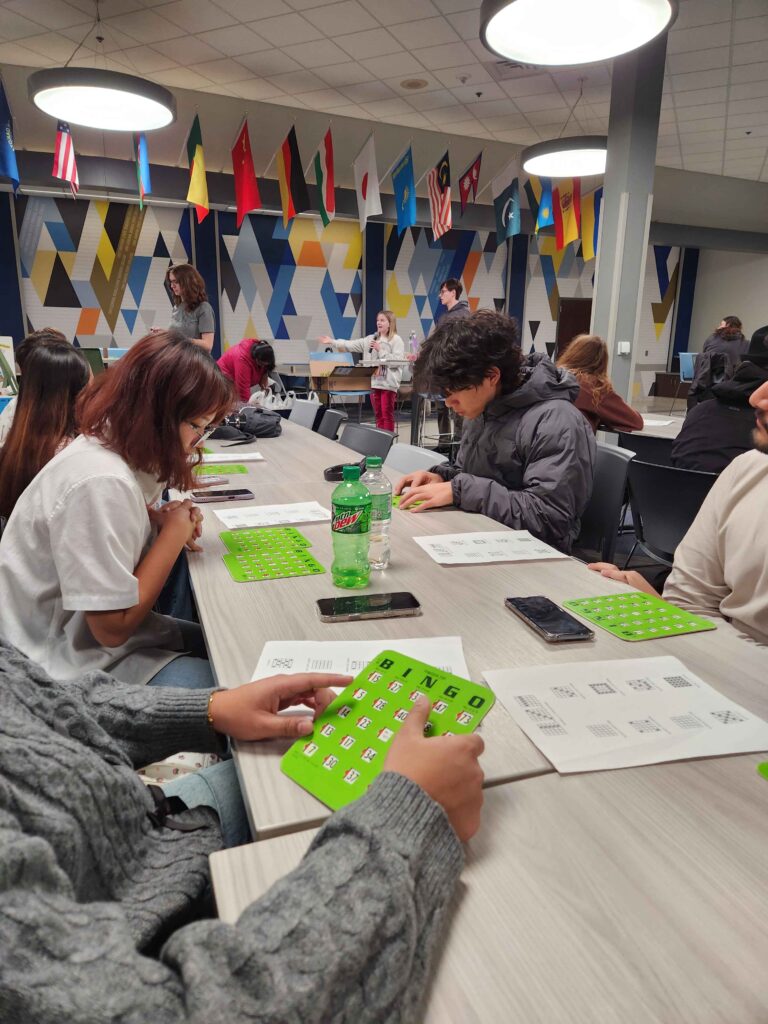
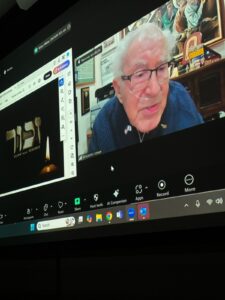
This article has since good information. But for students who read this and want to contribute ideas for the 2025 plan there is no information on how to do so.